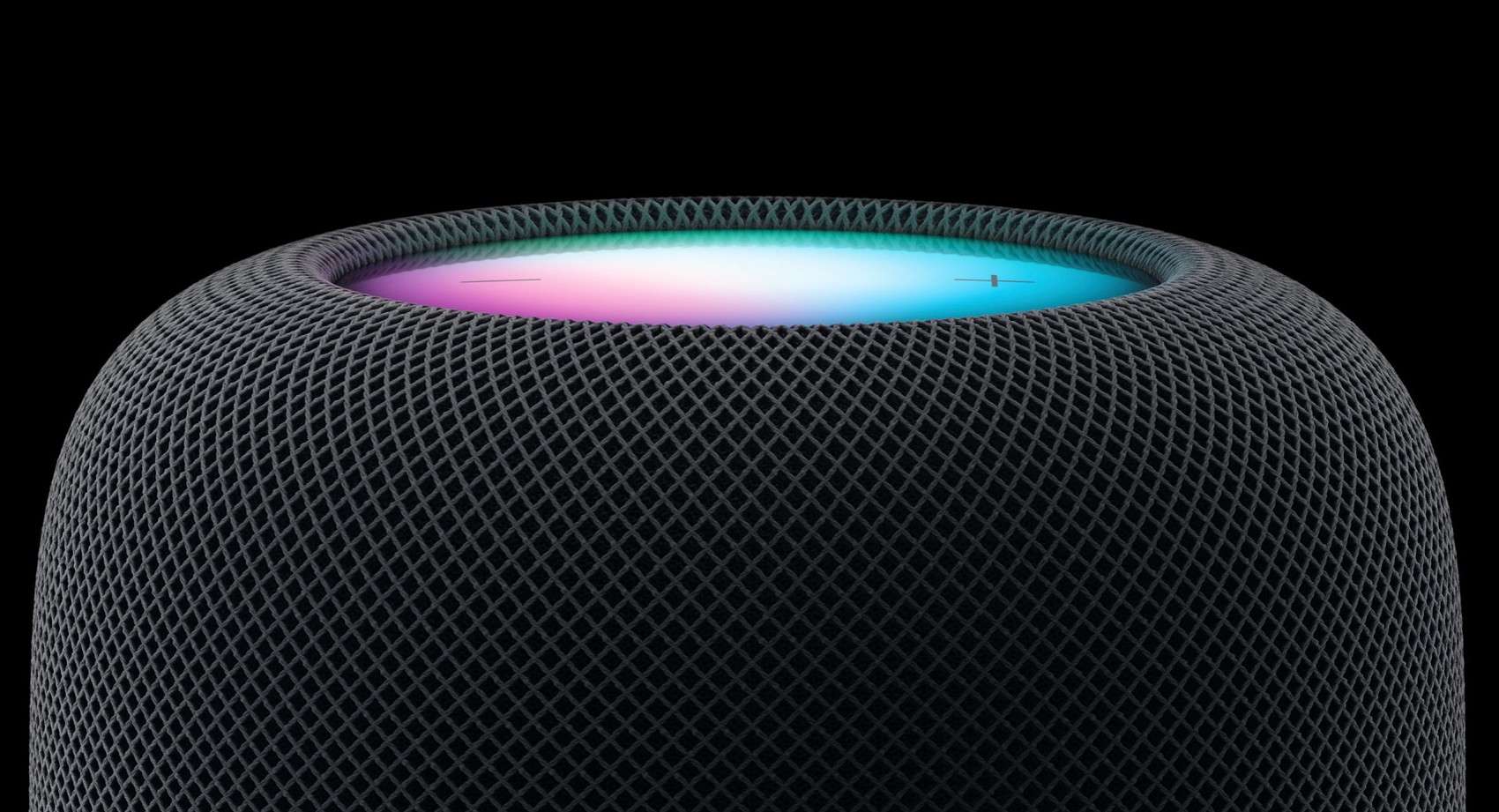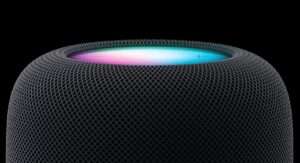How Apple’s iOS 18 and 17.7 Offer Users Flexibility in Upgrading
Apple has recently launched iOS 18 alongside iOS 17.7, providing iPhone users with more options for upgrading their devices. While iOS 18 introduces new features and improvements, iOS 17.7 is tailored for those hesitant to upgrade immediately. Many users prefer to wait due to concerns about potential bugs, app compatibility, or performance issues, particularly on older iPhones. Apple has previously allowed users to select which iOS version to run; for example, after releasing iOS 17, the company continued to provide security updates for iOS 16 until it became available only for devices unable to support the newer version.
Performance Testing Between iOS 18 and iOS 17.7
To aid users in their decision-making, the popular YouTube channel iAppleBytes conducted performance tests comparing iOS 18 and iOS 17.7 on various iPhone models, including the iPhone XR, iPhone 11, iPhone 12, and iPhone 13. However, newer models like the iPhone 14 and iPhone 15 were not included in the tests, so users of these devices will need to wait for additional information regarding iOS 18’s performance.
Key Findings from the Tests
The tests employed Geekbench, a well-known app for measuring CPU and GPU performance. The results showed mixed outcomes. The iPhone 13 displayed an improvement in CPU performance with iOS 18, while other models, including the iPhone XR, iPhone 11, and iPhone 12, experienced slight declines in CPU scores. In contrast, GPU performance improved across all tested models. Notably, the Speed Test app did not function correctly on the iPhone XR, although it worked well on the other devices. Overall, these results are reassuring for users worried about potential performance issues with the update. While there were minor delays when launching apps, particularly third-party ones, they were not significant and are likely to be addressed in future app updates.
Battery Life Concerns
A crucial area that remains untested is battery life, a major factor for many users when deciding on an iOS upgrade. So far, no data has been released regarding how iOS 18 impacts battery performance compared to iOS 17.7. Previous updates have occasionally caused battery drain, so users should stay vigilant for further insights on this aspect as more tests are conducted.
Compatibility with iOS 18
If you’re curious about device compatibility with iOS 18, it works with a wide range of models: iPhone XR, XS, XS Max, 11, 11 Pro, 11 Pro Max, 12, 12 mini, 12 Pro, 12 Pro Max, 13, 13 mini, 13 Pro, 13 Pro Max, 14, 14 Plus, 14 Pro, 14 Pro Max, 15, 15 Plus, 15 Pro, 15 Pro Max, and the iPhone SE (2nd and 3rd generation). Additionally, Apple’s upcoming iPhone 16 series, launching on September 20, will come pre-installed with iOS 18.
Conclusion
In summary, iOS 18 brings new features and improvements, while iOS 17.7 offers a stable, familiar option. Performance tests indicate that iOS 18 performs well, particularly in GPU performance, with no significant drops in overall performance across devices. However, the effect on battery life is still unclear. Users should wait for further evaluations before making a final decision. Whether you’re excited to explore the new features or prefer the reliability of iOS 17.7, Apple’s dual-release strategy offers flexibility in choosing how and when to upgrade your iPhone.














Post Comment